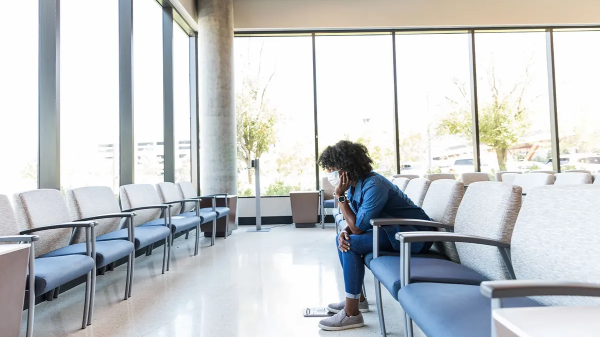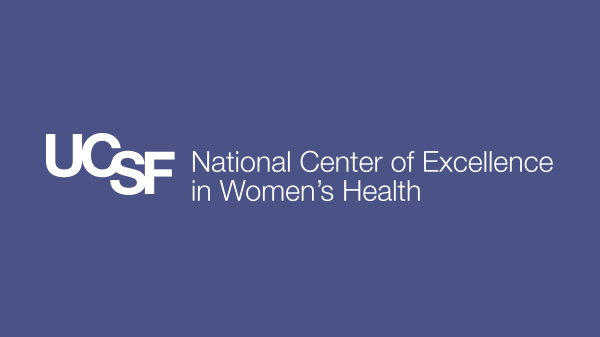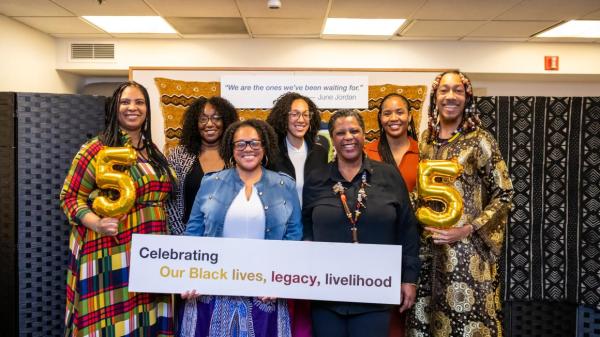np-gorkhale-borden.jpg

Nearly 17 percent of Californians live with mental health needs, but many lack access to mental health care, a problem expected to worsen as the psychiatrist workforce continues to dwindle in the state. To address this shortage in mental health providers, UC San Francisco, in close collaboration with UC Davis and UCLA, is preparing to launch an online training program for psychiatric-mental health nurse practitioners (PHMNPs), which aims to train 300 new mental health providers throughout the state by 2025. Graduates are expected to serve as many as 378,000 patients over the next five years.
There are currently over 13,000 nurse practitioners in California, many caring for underserved populations in primary care settings, hospitals, prisons, schools or other outpatient medical practices. Besides psychiatrists, PMHNPs are specialized mental health professionals authorized to prescribe psychotropic medications, treat severe mental illness and substance abuse disorders, and offer psychiatric care. With additional training, nurse practitioners could help to fill unmet needs, yet currently less than 10 percent of nurse practitioners have this specialized training.
Despite evidence that 70 percent to 90 percent of people with serious mental illnesses can benefit significantly from treatment, access to such care has become increasingly hard to find. A report last year from the California Future Health Workforce Commission, co-chaired by University of California President Janet Napolitano, projected California to experience a 34 percent decline in the number of psychiatrists by 2028. The Commission called for the development of a PMHNP program to quickly recruit and train providers to serve in underserved communities.
Planned to begin in fall 2020, the new program will leverage the current in-person post-master’s PMHNP program at UCSF, which is the only one in the University of California system and one of three accredited state-funded programs statewide. Completion of the program makes the nurse practitioners eligible for national board certification that gives them the ability to provide the specialized care.
“UCSF has a long history of preparing psychiatric mental health nurse practitioners to deliver quality care to patients, especially those in underserved areas. The new online program, which is a collaboration with UC Davis and UCLA, builds on this history and expands on it with the launch of a new, highly accessible education program for NPs around the states,” said Catherine L. Gilliss, PhD, RN, FAAN, dean of the UCSF School of Nursing. “The format will allow more NPs to be prepared and credentialed to deliver psych mental health care, wherever they live, so they can continue providing care in their own communities.”
Funded by a new grant from the California Health Care Foundation, the program will be a collaboration among the UCSF, UCLA and UC Davis Schools of Nursing, with administrative offices located on the UCSF campus. Students will be able to complete the clinical training component within the regions where they live.
The program will be co-directed by Rosalind De Lisser, MS, RN, NP and Deborah Johnson, DNP, RN, NP, both associate professors at the UCSF School of Nursing.
“I am tremendously excited about this innovative multi-campus program,” De Lisser said. “It has the potential to expand our reach as an educational institution by providing excellent clinical training and contributing to the workforce development needs of California. Our partnership with California Health Care Foundation has also meant that we are supported in implementing best practices in online educational design, implementation and curricular evaluation.”
The program aims to recruit 40 students the first year and 65 students each of the following four years, for a total of 300 PMHNPs over five years.
“Building upon our successful history as a top-ranked public PMHNP program, this program eliminates geographical barriers and allows California NPs in primary care to gain the education and training necessary to provide behavioral health services in their communities,” Johnson said. “The three-school collaboration provides high-quality educational resources for students across the state.”




